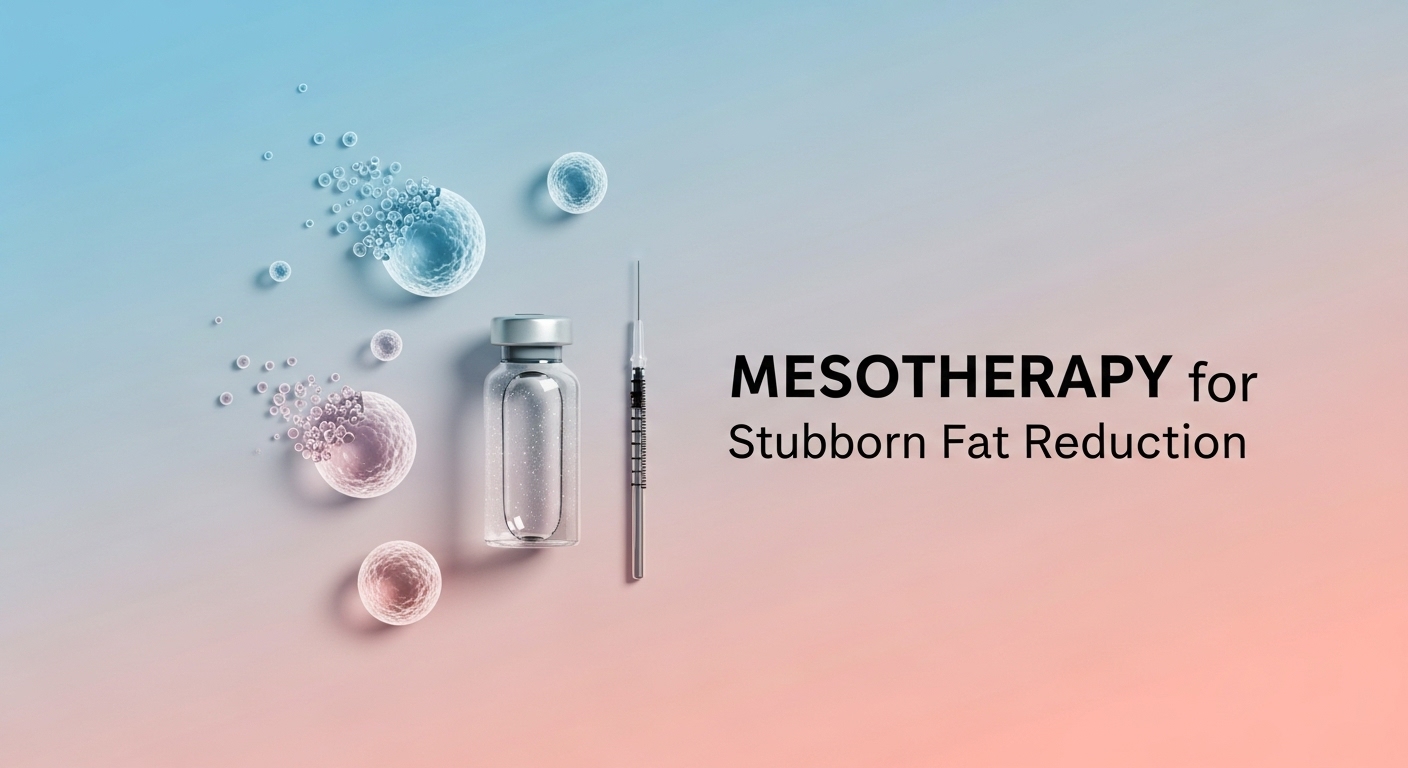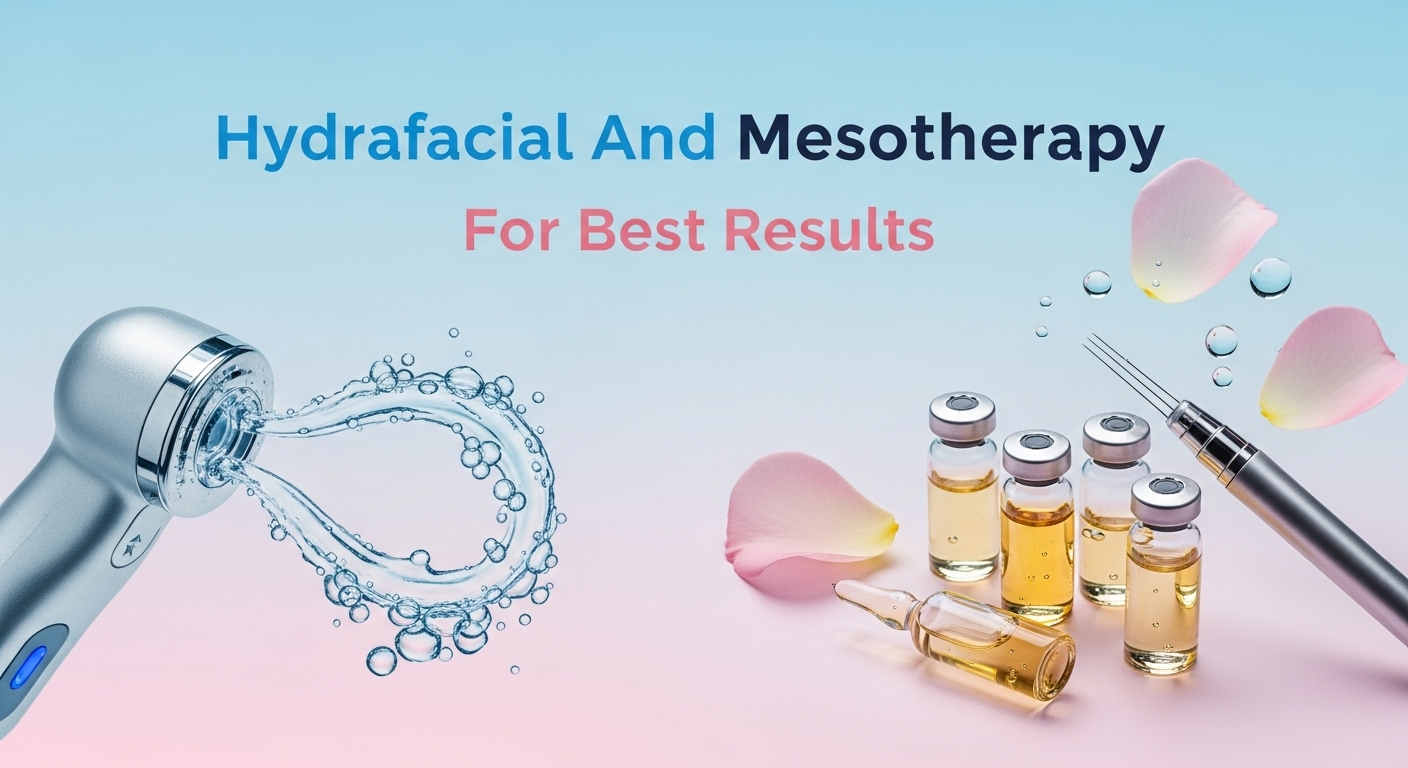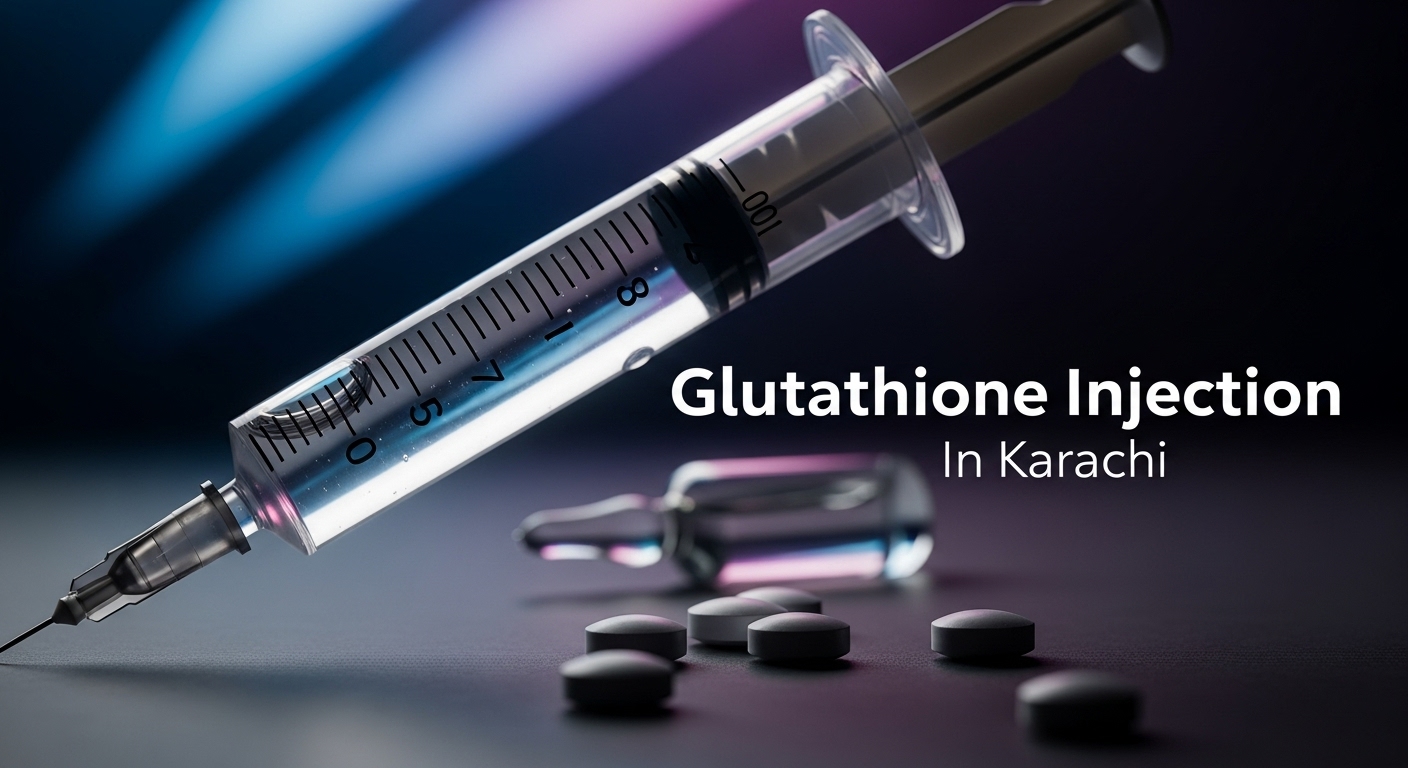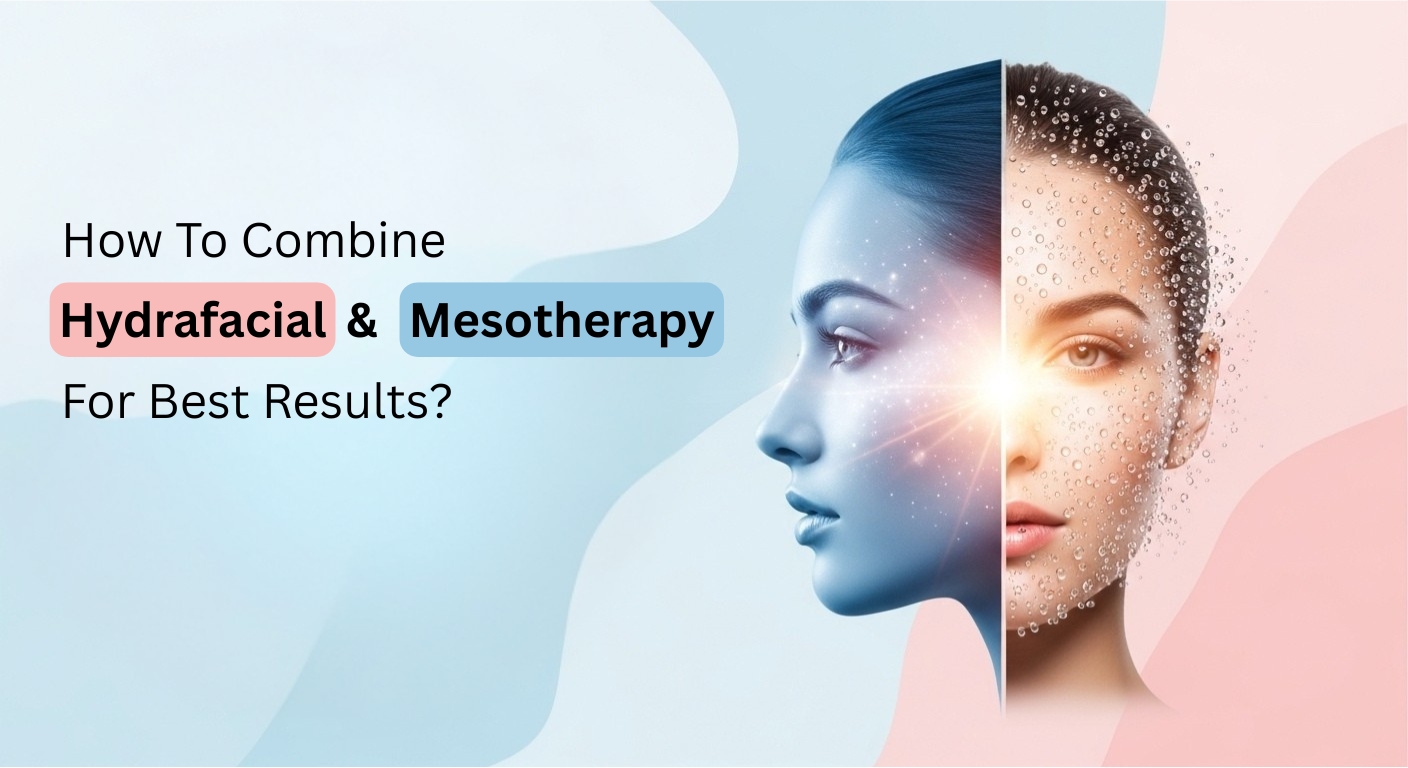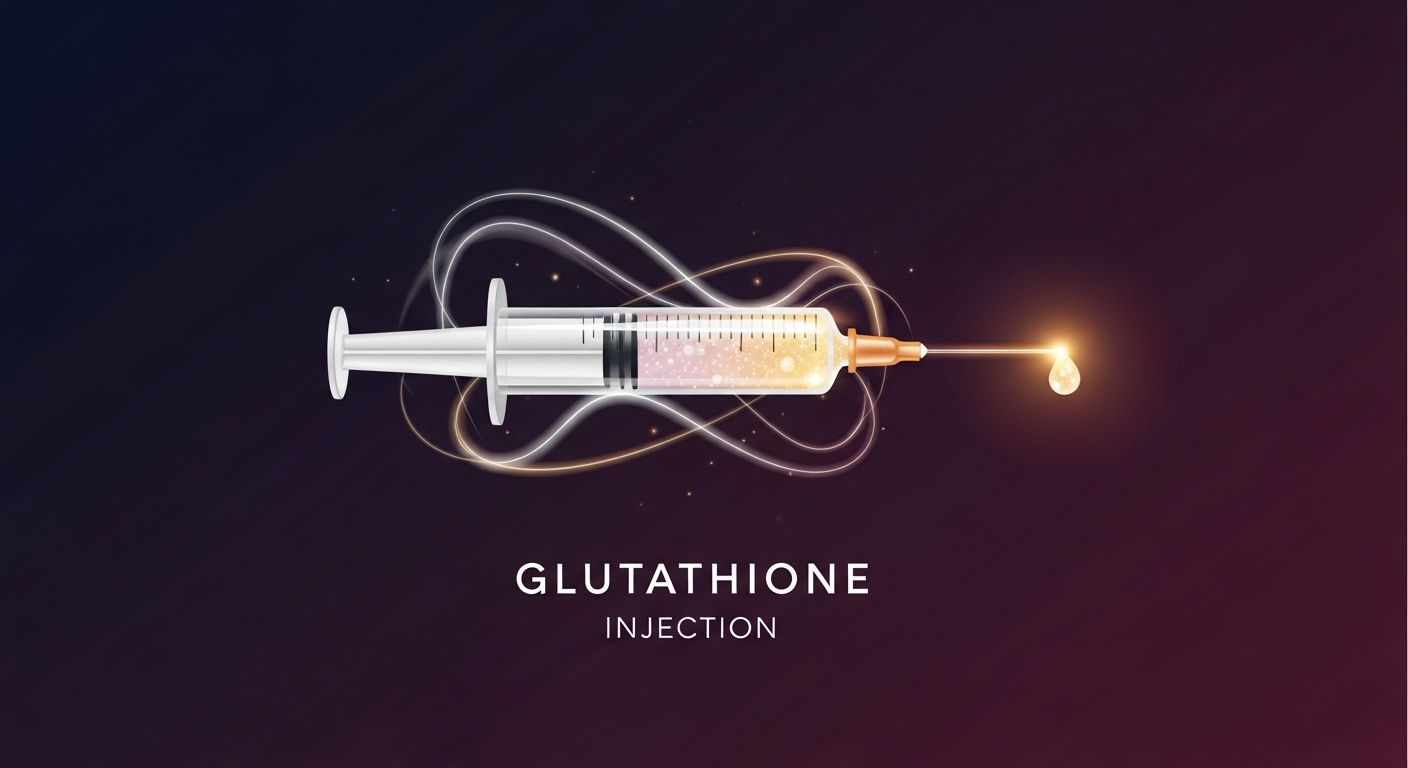
Glow From Head to Toe: A Complete Guide to Full Body Whitening
- abdurehman
- 47 views
Full body skin lightening is for those seeking to have a fair stunning even skin color and this is a safe and very efficient way to achieve it. It’s a cosmetic practice used in an attempt to lighten skin tone. Skin whitening treatments work by reducing its melanin content.
These treatments have had not only on the face but the body as well. Popular choices include topical depigmenting products and advanced treatments such as glutathione injections, chemical peels, laser, MediFacials and microdermabrasion. Indeed, many take up treatments like glutathione (a clinically proven powerful antioxidant supplement that decreases melanin production) and specialist lasering to tackle hyper-pigmentation.
Here we will cover all you need to know about full body skin whitening treatment in Pakistan. We’ll walk you through how these treatments work, what results you can expect, and how to care for your skin afterwards to keep up the work at home. Whether it’s uneven skin coloration you’re troubled with, or just a desire for a lighter skin tone, this article will share with you some options you have to lighten yourself up from head to toe.
Full Body Whitening Process
The science of skin color starts just below the surface, with a string of melanin molecules. Whole body skin lightening or bleaching involves use of chemicals to make the skin tone light or fair from darker. In other words, rather than spot correcting here or there, the treatment evens out the skin tones across the board.
What Is Whiter Body Skin?
A full body skin whitening comprises some methods that reduce the melanin production on the entire body. We provide an effective solution that disrupts the regulatory enzymes required for melanin synthesis. These professional treatments can destroy a variety of skin conditions such as age spots, acne scars, freckles, wrinkles, and birthmarks leaving you with a smoother, even and brighter complexion.
There are a range of treatments from topical to some pretty high-tech procedures. Based on your health and preferences, you may opt for injections, laser resurfacing or chemical peels. Each one operates through a different route to inhibit the production of melanin, or to break down pigment already there.
How Melanin Affects Skin Tone?
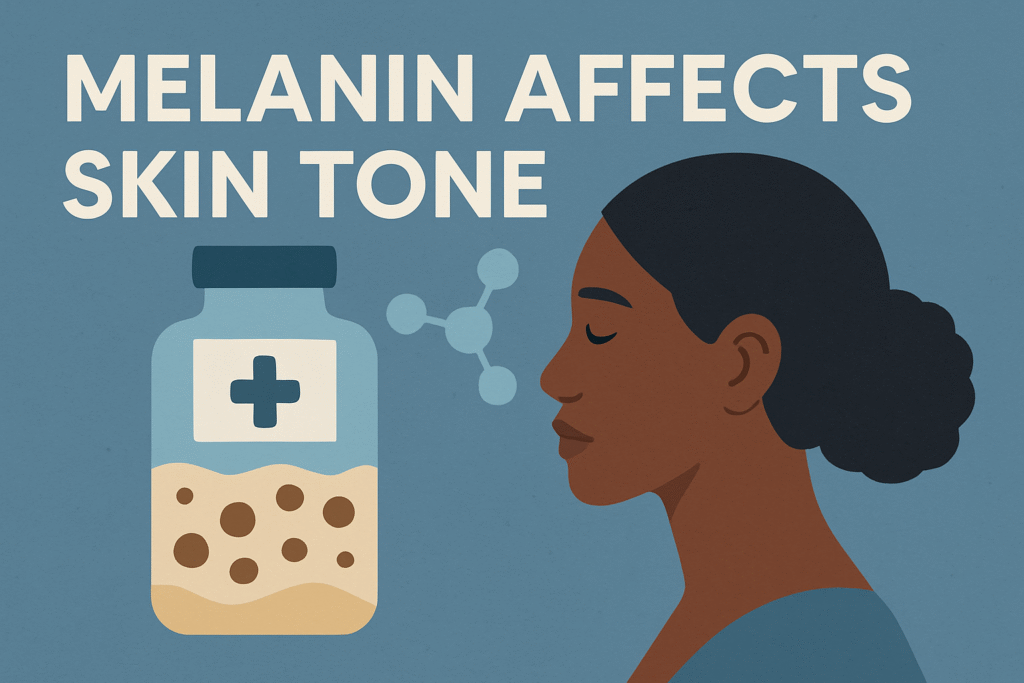
Melanin determines the shade of your hair, skin and eyes. This intricate polymer is derived from the amino acid tyrosine and is synthesized by specialized cells called melanocytes. Most people have roughly the same number of melanocytes, but the amount of melanin produced differs from person to person.
Your complexion is largely determined by two types of melanin (pigment): eumelanin (brown-black) and pheomelanin (yellow-red). Darker skin types contain more numerous, larger and denser melanosomes. In addition, melanin is a natural repellant of harmful UV rays, it absorbs and re-emits energy from sun light.
Why People Are Looking for Skin Whitening Treatments?
Some people want to whiten their skin for cosmetic or health reasons. Among the most popular motivating factors are hyperpigmentation, melasma, and uneven skin tone. These things may be due to sun exposure, hormones, aging, or genetic reasons.
In Pakistan, it is due to the cultural preferences that skin bleaching is popular. Beauty, success, and high social status, is having a fair skin color. As a result, an estimated 25–80% of women in some African countries and about 40% in Asia use these lightening products on a regular basis.
Aside from cultural influences it’s not uncommon for individuals to notice a boost in confidence and self-image after hitting their optimal skin tone. We know these reasons and also believe in safe and effective treatments to make you look more beautiful.
Popular Full Body Whitening Treatments
Reducing the degree of pigmentation can be a long but rewarding process, and the road to achieving a more even skin tone starts with getting the treatment right. Ali Brothers Esthetics & Derma provides several great solutions for people looking for full body skin whitening.
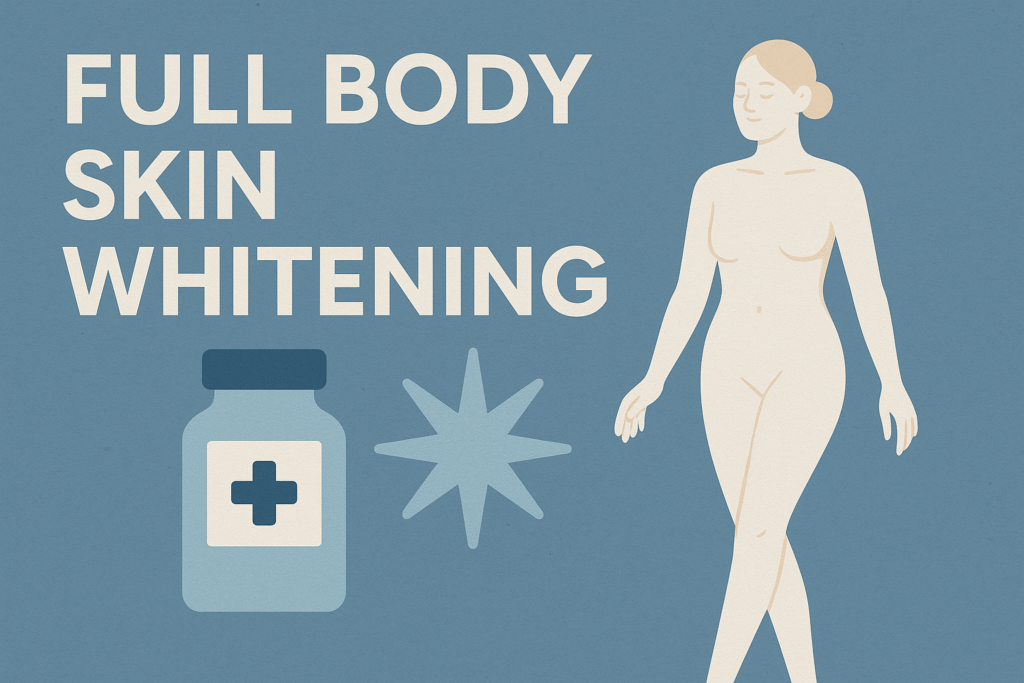
Topical Creams and Serums
Whitening agents in the form of creams or serums are first-line treatment options for gradual skin lightening. This is due to that they often contain agents that suppress the production of melanin in the skin. Dermatologists say that whitening products that work may contain:
- Hydroquinone – stop production of melanin
- Kojic acid – diminishes pigmentation and dark areas
- Alpha arbutin – Blocks tyrosinase activity
- Vitamin C – illuminates and defends against free radical damage
- Niacinamide – this helps control oil production, and fade dark spots
It is recommended to apply these topicals once or twice daily for a few weeks or months to obtain maximum results. What’s more, many experts suggest using them under the guidance of a dermatologist to avoid possible side effects.
Glutathione Injections and Drips
Due to its immense antioxidant effects, glutathione has become one of the most common ant melanogenic agents. This thiol-tripeptide functions by potent inhibition of the tyrosinase obtained by the direct interaction and by shifting the melanogenesis from eumelanin to phaeomelanin.
IV Glutathione injection treatments are promoted not only to whiten skin but also to boost immunity, detoxify, increase energy and anti age. Yet, despite its wide use, off-label such as skin lightening, the Philippines’ FDA warns against such practices because of the potential side effects that are related to the skin.
Chemical Peels For Body
During chemical peels, the skin is treated with a chemical solution to peel away the top layer of skin, leaving smoother, more youthful skin underneath. There are three categories commonly used for body whitening:
- Superficial peels (glycolic acid) – Ideal for those with flat dull skin with slight pigments.
- Medium-depth peels (lactic acid, TCA): Target deeper pigmentation and sun damage
- Deep peels – Targeted specifically at deep discoloration and wrinkles.
The downtime of the procedure depends on the depth of the peel, with superficial peels not causing any downtime and deeper treatments requiring 14-21 days for recovery.
Laser Whitening Therapy
Laser therapy involves concentrated light beams which are aimed at melanin deposits, fragmenting them and leaving the surrounding tissue intact. This specialized therapy is ideal for stubborn pigmentation and sun damage. Q-switched neodymium-doped yttrium aluminum garnet (Nd: YAG) laser and fractional lasers focus energy directly on melanin with minimal impact on surrounding tissue.
Microdermabrasion And Exfoliation
Microdermabrasion gently exfoliates the skin’s topmost layers by means of a crystal or diamond tip. This procedure is performed in a minimally invasive way and exfoliates dead skin cells and encourages the production of collagen. The majority of patients notice some results at once after treatment and results may improve over the next 2 – 3 months.
Medifacials And Enzyme Treatments
MediFacials are medical facial treatments which utilizes prescription-strength ingredients to treat particular skin conditions. Unlike traditional salon facials, they contain FDA-cleared compounds to provide longer-lasting results with no side effects. Variants come in HydraFacial, chemical peels, carbon laser facial, oxygen facial and glutathione infusion facial, which are all formulated to match your skin type and skin whitening targets.
Aftercare and Safety Considerations
After cosmetics treatment you must give it a proper sanitation, moisturizing treatment and appropriate aftercare. These are the key to maintaining that beautiful skin and the delicate balance between lightening or whitening. These products and allowing naturally darker skin to darken again. Your skin whitening can last for approximately 4-6 weeks and is also dependent on you taking proper care of your delicate, lightened or whitened skin.
Sun Protection and SPF Use
First and foremost, sunscreen is an absolute must after any skin lightening treatment. Use broad-spectrum sunscreen with SPF-30 or higher in the 20 minutes before you go outside and reapply every two hours. If you get out in the sun you can reverse your treatment and even have worse pigmentation for the outdoor exposure afterwards. You might also want to wear protective clothing (hats and long sleeves can work, too).
Avoiding Harsh Products Post-Treatment
Avoid any product that contains harsh chemicals (sulfates, parabens, synthetic fragrances and dyes) for a minimum of one week following treatment. Such ingredients can be sensitizing to the skin and interfere with your results. Hold off on retinoids, alpha hydroxy acid, or other chemical exfoliants until your skin has recovered completely.
Hydration And Gentle Skincare Routines
Hydration is the key to healing and maintaining the natural integrity of your skin. Use a moisturizer twice daily with hydrating ingredients like hyaluronic acid or glycerin. Stay hydrated with lots of water to clear toxins and help your skin heal itself naturally.
Side Effects and How to Manage Them
Some clients may experience:
- Temporary redness or swelling (apply cold compresses)
- Mild to moderate dry skin (more frequent use of moisturizer)
- Heat sensitivity (avoid saunas and hot showers)
- Itchy/peeling occasionally (don’t scratch, use any prescribed soothing products.)
If you experience excessive irritation, prolonged sensitivity, or other unexpected symptoms, call us for advice.
Who Should Not Go for Skin Whitening Treatments?
Essentially, these treatments are not for everyone. The FDA cautions that OTC skin lightening products are not safe and effective for everyone. This applies particularly to pregnant or breastfeeding women, children, people with darker skin prone to hyperpigmentation, and people with other underlying medical conditions.
FAQs
Q1.What is the difference between skin lightening and skin brightening?
Skin whitening is all about inhibiting melanin and make the skin lighter in shade, while skin brightening is getting the skin a radiant, luminous and clear skin tone without necessarily change the natural skin color. Brightening treatments may also address concerns such as hyperpigmentation and dullness to improve the general appearance of skin.
Q2. What is the exact duration for full body whitening treatment to show results?
Results may also differ according to the type of treatment and individual skin property. Usually, you’ll begin to see results within a few weeks to three months when using it regularly.
Q3. Is there a natural way to make skin glow from head to toe?
Yes, there are several natural ways to enhance skin glow. Such as staying hydrated, eating a balanced diet with lots of antioxidant rich food, consistently exfoliating, moisturizing with natural products such as coconut oil, getting plenty of rest and keeping your skin safe from the sun.
Q4. What are the skin whitening aftercare needs that make the difference?
Some key aftercare is careful sun protection (including high spf sunscreen), not to use harsh skincare, keeping skin moisturized with gentle moisturizers and following the right post dermatology skincare routine.
Q5. Who should not get full body skin whitening treatments?
Can anyone have a full body skin whitening service? Pregnant and breastfeeding women, children or anyone who has an adverse skin condition, skin sensitivity or with notorious consequences of pigmentation, for the reason of their skin type which is dark, will not be able to opt for a full body skin whitening treatment.
Conclusion
Full body skin whitening is a complete process to achieve the beautiful, fair skin many people long to have. In this guide we have covered what Melanin is, how it affects your skin and the solutions offered at Ali Brothers Esthetics & Derma. From topical creams and serums to more advanced procedures (glutathione injections, chemical peels and laser treatments) each has its advantages, depending on your desired results.
Before starting any skin-whitening treatment make an appointment to meet with our specialists. At this time, exploring your specific concerns, goals and the achieving the results you want will allow us to develop a personalized treatment plan for your individual skin, setting realistic expectations.

